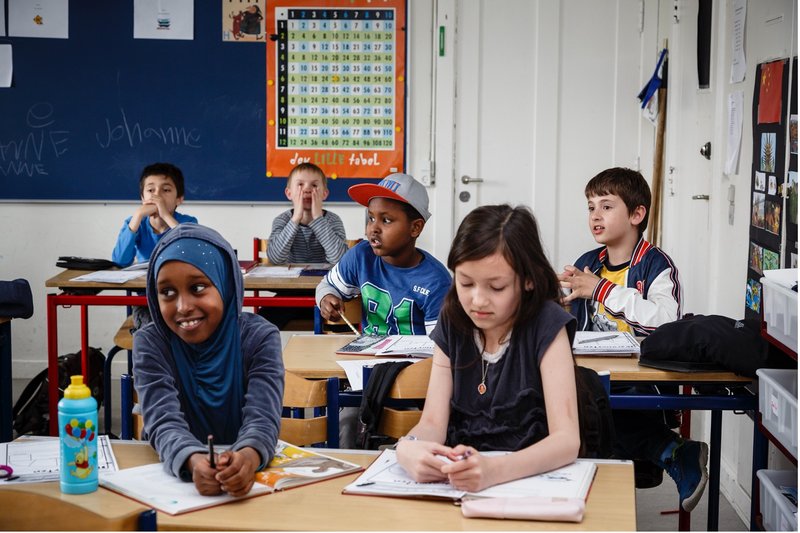Podcast: Migrant Children in the Nordics: A Conversation on Schooling

In current times, schools are often hot spots for education policy initiatives driven by party politics. Encounters between the majority ethnic group and newcomer children can be exaggerated or underplayed depending on the political context, and it can be a highly contested area.
In this podcast, the head of Aalborg University’s Centre for Education Policy Research, Mette Buchardt, gives a historical overview of developments in Denmark in comparison with the other Nordic countries from the 1950s until today. In so doing, the conversation necessarily covers wider issues, such as, the division between state and church; the use of schooling in molding citizens of the (Nordic) welfare state; and that persistent question: how to create the same provision for all when children have varying needs?
Podcast
Further reading:
- Henrik Zip Sane, Børnenes århundrede – Interessen for de fremmede børn i det 20. århundredes Danmark [The children's century - The interest in foreign children in 20th century Denmark] (Farum: Farums Arkiver og Museer, 1997).
- Mette Buchardt, Kulturforklaring: Uddannelseshistorier om muslimskhed [Cultural Explanation: Educational Stories of Muslimness] (Copenhagen: Tiderne Skifter, 2016).
- Mette Buchardt, 'Schooling the Muslim Family: The Danish School System, Foreign Workers, and Their Children from the 1970s to the Early 1990s', In U. Aatsinki, J. Annola, & M. Kaarninen, eds., Family, Values, and the Transfer of Knowledge in Northern Societies, 1500-2000. (Routledge: Routledge Studies in Cultural History, 2019) pp. 283-299.
- Mette Buchardt, 'The “Culture” of Migrant Pupils: A Nation- and Welfare-State Historical Perspective on the European Refugee Crisis', European Education 50,1 (2018), pp. 58-73.